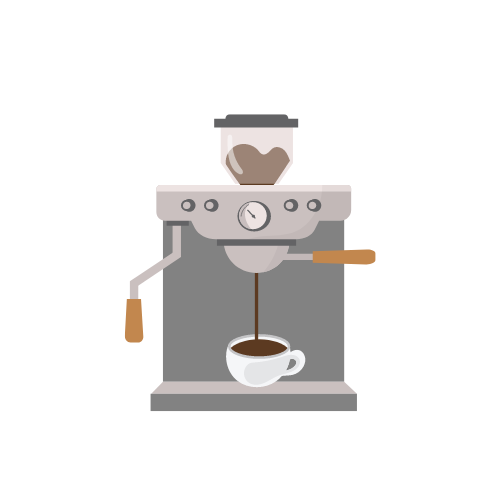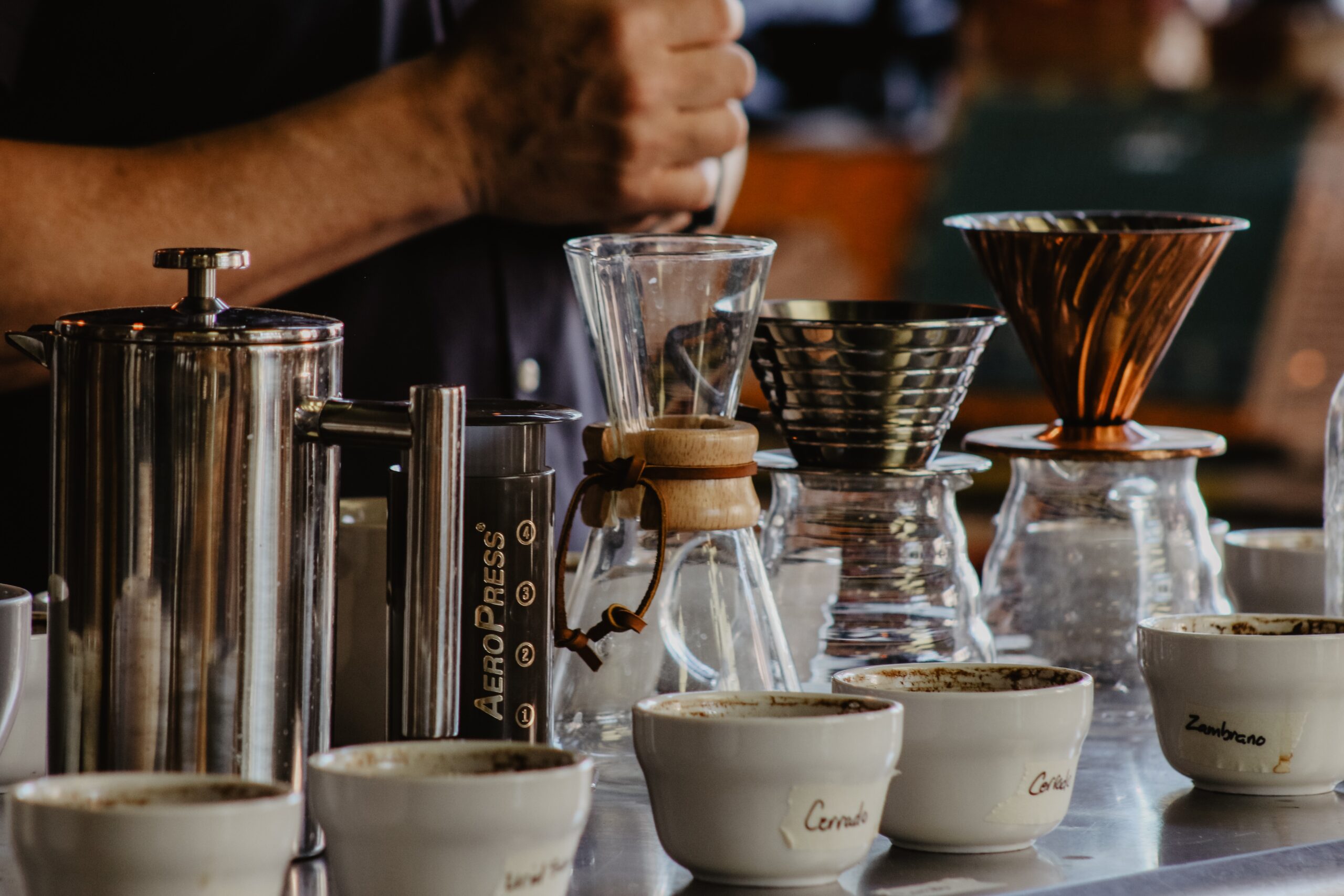Coffee is more than just a daily ritual; for many, it’s a lifestyle. However, traditional coffee brewing methods often come with an environmental cost, from disposable filters and single-use pods to energy-intensive practices.
Adopting eco-friendly brewing methods can significantly reduce your environmental footprint while still delivering a delicious cup of coffee. Here’s a guide to sustainable coffee brewing practices that benefit both you and the planet.
1. French Press: A Zero-Waste Classic
The French Press is one of the most eco-friendly coffee brewing methods available. It uses no disposable filters or pods, relying instead on a reusable metal mesh filter. This method preserves the natural oils in coffee grounds, resulting in a rich, full-bodied flavor.Eco-Friendly Features:
- No disposable filters required.
- Minimal energy use (only requires hot water).
- Compostable coffee grounds.
The French Press is perfect for those who want to enjoy great-tasting coffee while minimizing waste.
2. Pour-Over Coffee with Reusable Filters
Pour-over brewing offers precision and control over the extraction process, making it a favorite among coffee enthusiasts. By using reusable filters made of stainless steel or cloth, you can eliminate the need for single-use paper filters.Eco-Friendly Features:
- Reusable filters reduce waste.
- Only electricity is needed to boil water.
- Durable materials ensure long-term sustainability.
This method is ideal for light roast or single-origin coffees, as it highlights subtle flavor notes.
3. Cold Brew: Low-Energy Brewing
Cold brew is not only smooth and refreshing but also one of the most energy-efficient ways to make coffee. The process involves steeping coffee grounds in cold water for 12–24 hours, eliminating the need for heating.Eco-Friendly Features:
- No heat required, reducing energy consumption.
- Can be brewed in large batches and stored in the refrigerator.
- Uses compostable grounds.
Cold brew is an excellent choice for summer months or for those looking to reduce their energy use.
4. AeroPress with Reusable Filters
The compact and portable AeroPress is another sustainable option when paired with reusable metal filters. It uses less coffee per cup compared to other methods while still delivering a strong and flavorful brew.Eco-Friendly Features:
- Metal filters eliminate paper waste.
- Compact design reduces material usage.
- Easy to clean and maintain.
The AeroPress is perfect for travelers or anyone seeking a quick, eco-conscious brew.
5. Moka Pot: A Timeless Eco-Friendly Brewer
The Moka Pot is a stovetop espresso maker that requires no electricity beyond heating water. Its durable design ensures years of use, and it doesn’t require disposable filters or pods.Eco-Friendly Features:
- No filters needed.
- Long-lasting stainless steel or aluminum construction.
- Produces concentrated coffee with minimal waste.
This method is ideal for those who enjoy strong, espresso-like coffee at home.
6. Compostable Coffee Pods and Reusable Capsules
For those who prefer single-serve convenience but want to avoid plastic waste, compostable pods or reusable capsules are great alternatives. These options work with popular machines like Keurig and Nespresso while reducing landfill contributions.Eco-Friendly Features:
- Compostable pods break down naturally.
- Reusable capsules eliminate single-use waste.
- Compatible with various single-serve systems.
By switching to these alternatives, you can enjoy convenience without compromising sustainability.
7. Manual Brewing Methods
Manual brewing methods like Turkish coffee or cowboy coffee are among the most sustainable options. These methods require no electricity (aside from boiling water) and no disposable components like filters or pods.Eco-Friendly Features:
- No equipment beyond a pot or kettle.
- No waste from filters or packaging.
- Simple and traditional approach to brewing.
These methods are perfect for those who appreciate simplicity and tradition in their coffee routine.
8. Sustainable Practices Beyond Brewing
In addition to choosing eco-friendly brewing methods, there are other ways to make your coffee habit more sustainable:
- Buy Ethically Sourced Beans: Look for certifications like Fair Trade, Organic, or Rainforest Alliance to support sustainable farming practices.
- Purchase in Bulk: Reduce packaging waste by buying beans in bulk and storing them in airtight containers.
- Compost Coffee Grounds: Used grounds are rich in nutrients and can be composted to enrich soil.
- Use Energy-Efficient Equipment: Opt for appliances that consume less energy, such as smart kettles with temperature control.
Why Choose Eco-Friendly Brewing?
Switching to eco-friendly brewing methods benefits both the environment and your wallet:
- Waste Reduction: Eliminate disposable filters, pods, and packaging waste.
- Energy Efficiency: Reduce electricity use by opting for manual or low-energy brewing techniques.
- Flavor Enhancement: Many sustainable methods retain natural oils in coffee grounds, resulting in richer flavors.
- Cost Savings: Reusable equipment reduces long-term expenses compared to disposable alternatives.
Adopting eco-friendly coffee brewing methods is a small but impactful step toward sustainability.
Whether you choose a French Press, cold brew, or reusable capsules, these options allow you to enjoy your daily cup of coffee guilt-free while contributing to a healthier planet.
Start making greener choices today—your taste buds (and the Earth) will thank you!


Leave a Reply